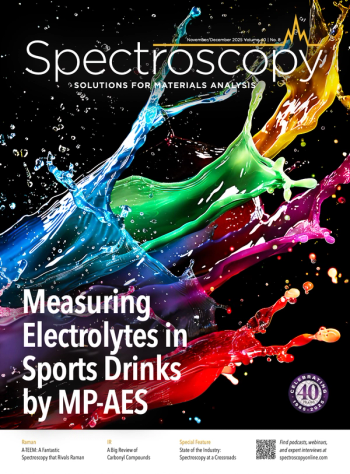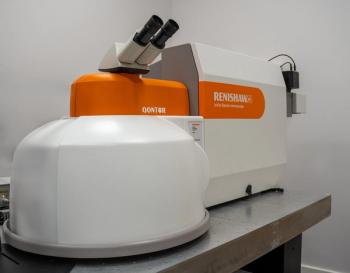
Chemical Heritage Foundation to Honor Gunther Laukien at Pittcon
The Chemical Heritage Foundation (CHF) will present the 2013 Pittcon Heritage Award in honor of Gunther Laukien (1924?1997), the founder of the Bruker group of companies.
The Chemical Heritage Foundation (CHF) will present the 2013 Pittcon Heritage Award in honor of Günther Laukien (1924–1997), the founder of the Bruker group of companies. Jointly sponsored by the Pittsburgh Conference on Analytical Chemistry and Applied Spectroscopy (Pittcon) and CHF, the award recognizes outstanding individuals whose entrepreneurial careers have shaped the scientific instrumentation community, inspired achievement, promoted public understanding of the modern instrumentation sciences, and highlighted the role of analytical chemistry in world economies. The 12th annual award will be presented at Pittcon 2013, which will be held in Philadelphia for the first time in its 64-year history.
“Dr. Günther Laukien is one of the great pioneers in the field of nuclear magnetic resonance spectroscopy,” said Thomas R. Tritton, president and CEO of CHF. “In the early 1960s he saw a need for high-power solids and high-resolution liquid NMR spectrometers and founded the original Bruker Physik AG to develop, make, and distribute the new devices. Within a decade his innovative NMR and EPR systems were sold around the world, and were later complemented by preclinical MRI, FT-IR, FT-Raman, and mass spectrometers.”
Laukien’s son Frank Laukien, Ph.D., president and CEO of Bruker Corporation today, will receive the Pittcon Heritage Award in his father’s honor at Pittcon.
Newsletter
Get essential updates on the latest spectroscopy technologies, regulatory standards, and best practices—subscribe today to Spectroscopy.



